Do you ever wonder who owns Dollar Tree? Dollar General is owned by private equity investors, while the Dollar Tree is privately owned by its shareholders. Whether the company is public or privately owned, it has been looted and burned, but who is the actual owner of the Dollar Tree? In this article, we’ll go over some of the company’s background information and the various owners. In addition, you’ll learn how Dollar Tree makes its money, how its stores operate, and whether shareholders own it.
Dollar General is owned by private equity investors
The company’s 2021 Annual Report lists the largest shareholders in the company, which includes more than four billion dollars in investments. Of those owners, ninety-five percent are private equity investors and mutual funds. Other institutional investors own a relatively small percentage, ranging from less than one percent to over eight percent. In addition to private equity investors, the company is also owned by 17 individual directors and executives. In addition to these investors, the company also has more than 7,000 employees.
Dollar Tree is owned by a group of shareholders
If you’re looking for a bargain in a store, Dollar Tree is worth a look. The company has a loyal customer base and has consistently outgrown its competition. Dollar Tree and Dollar General serve a similar customer base, but have distinctly different shopping experiences. Dollar Tree’s CEO, Macon Brock, started with a small toy store in Norfolk, Virginia. It eventually grew to over 130 stores on the East Coast, and served as the forerunner to Dollar Tree.
Dollar Tree is a public company
The Dollar Tree is a chain of discount variety stores headquartered in the United States. It is one of the largest retail companies in the world, with over 15,115 stores in the 48 contiguous U.S. states, as well as 24 distribution centers. The company was founded in 1909 and has since continued to grow. The company is currently profitable, with sales generating a profit of more than $4 billion in 2017.
Dollar Tree has been looted and set on fire
The West Humboldt Park Dollar Tree was set on fire and has suffered extensive damage. No one was injured, but the store’s interior was badly damaged. Before 8 p.m., Chicago firefighters responded to a 911 call and put the fire out. This is the latest act of vandalism against this chain of discount stores, which often serve under-served communities. Despite these attacks, many are claiming that Dollar Tree does not care about the black community and is an example of corporate racism.
Dollar Tree is a business to make a profit
While it may seem like a business that is primarily for profit-seekers, the Dollar Tree has the ability to save its employees and owners a ton of money. This is because the business doesn’t carry name-brand products and instead emphasizes its private label selection. Private label products generally cost less to produce, allowing Dollar Tree to enjoy a higher profit margin. Moreover, Dollar Trees prioritize low-income neighborhoods, which makes the store even more attractive to people. Unlike a large chain store, Dollar Tree customers are often the same three or four people. Therefore, the queues can be long, and you may have to monitor your business from behind the counter.
Dollar Tree is a suburban retailer
The pricing structure at Dollar Tree has changed in recent years. While the company’s pricing strategy has worked well when inflation was nearly nonexistent, rising costs have squeezed its profit margins. The company’s margins fell 1.5% in 2016 and are now at 30%. Dollar Tree has responded by raising prices, but expects to return to a profit margin of 35 percent next year. Consumers continue to shop at Dollar Tree for impulse purchases, not staples like toothpaste, bread, and toilet paper.
Dollar Tree has a lack of cleanliness
A recent report found that Dollar Tree’s stores lack cleanliness. A lack of cleanliness was cited as a leading cause of customer dissatisfaction. The company has not responded to an Insider request for comment, but its owners have made a commitment to address the problem. Despite the company’s commitment to improve its standards, its stores remain a source of concern. For example, a store near Lamb and Washington had been closed due to rat feces, and the stockroom had been contaminated by rodents.



